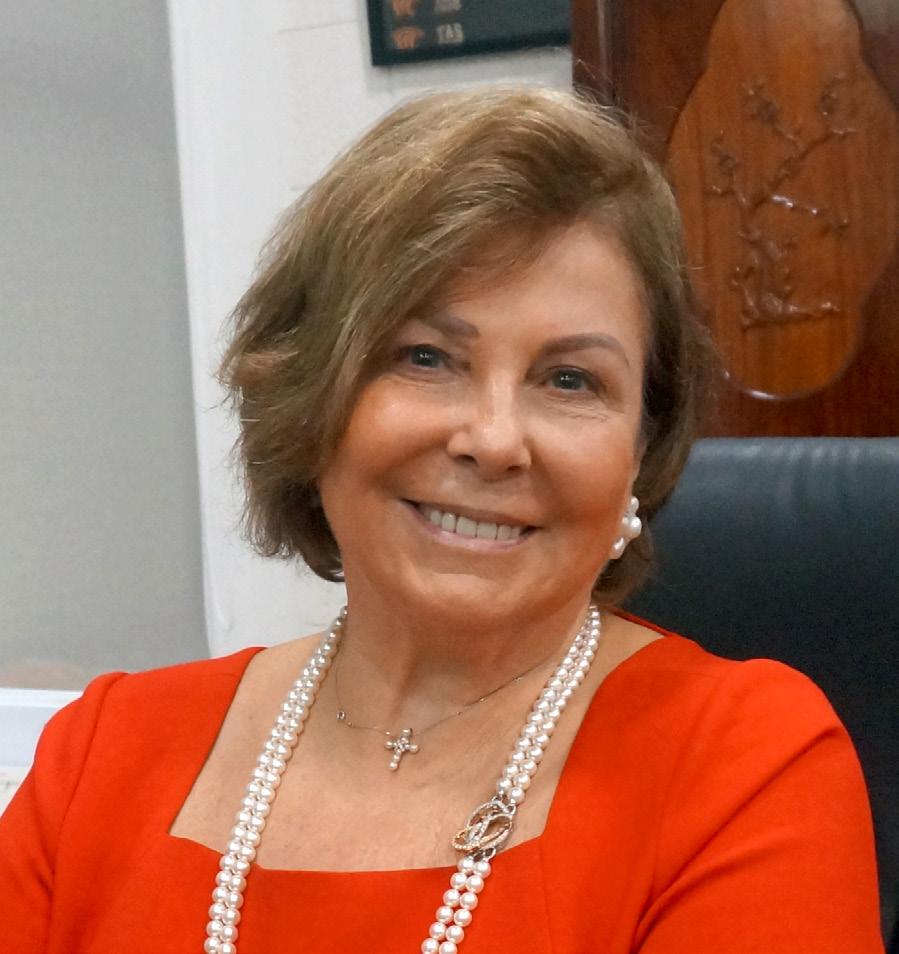
9 minute read
Letters to Alumni
HEAD OF SCHOOL LETTER TO ALUMNI
Dear Alumni, I write to you this year humbled by our community’s resilience during difficult times. While we anticipated this year to be one of celebration for our school’s 70th anniversary, we have changed to understand that this year is truly a celebration of the preciousness of life and community. Thank you to all of you not only for your support of this amazing institution but of your support for one another. I did not realize that this year would be such a testament to our community’s mission and character. You have all proven to be much more resilient and flexible in the face of disruption than I could have ever dreamed. Each one of our alumni this year has helped to continue the Taipei American School legacy in the face of challenges. When you left our school’s campus—be it one or 70 years ago—we hoped that you were amply prepared for life beyond our walls, possessing the intellectual, creative, emotional, and social fortitude to tackle the challenges and opportunities that have awaited you. Now, more than ever, we know that to be true. Wherever you are in the world, know that Taipei American School stands with you. Our community is physically spread far and wide, but our commitment to one another remains strong. Stay in touch— with us and with one another—and take care of those you love. Faithfully,
Sharon D. Hennessy, Ed.D. Head of School
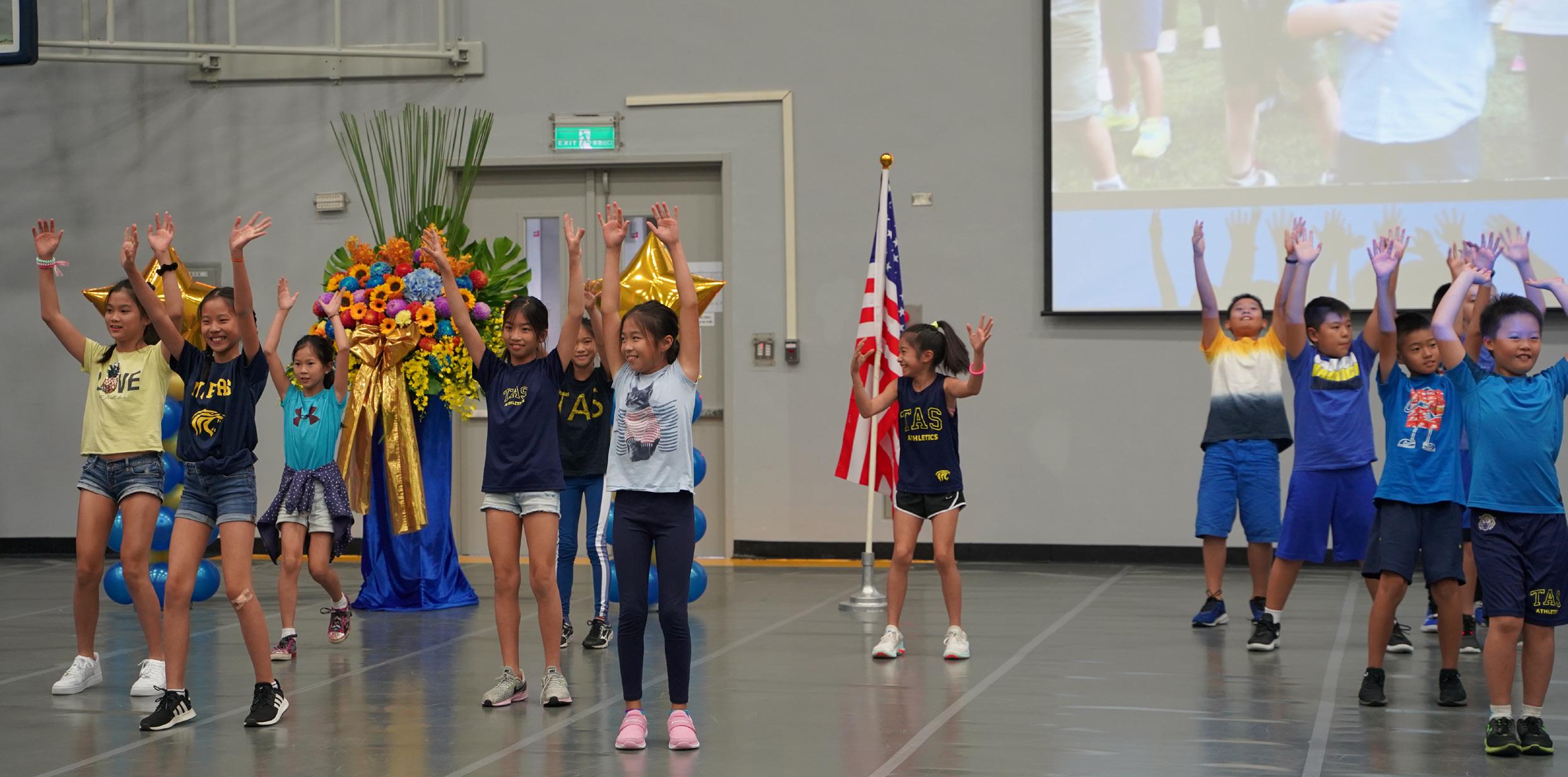

ADVANCEMENT OFFICE LETTER TO ALUMNI 3 ADVANCEMENT OFFICE LETTER TO ALUMNI
Dear Alumni, This year has been a year of celebration and of challenge for the school. We celebrated the 70th anniversary of the school, honoring our current and longest-serving Head of School by dedicating our Upper School building to her. But we also know that this memorable year was not without difficulty: our physical campus was closed for a total of four weeks and Tigers went digital in their studies. We know that this theme probably continued for each and every one of you, as well. We look forward to seeing each of you again soon. In this magazine, you have a chance to glimpse what many of your former classmates have been up to, during a time when community matters more than ever. I hope you enjoy catching up on the stories of your friends and learning a little bit more about the TAS of today and tomorrow. Warm regards,
Kathy Limmer, Ed.D. Assistant Head of School for Advancement
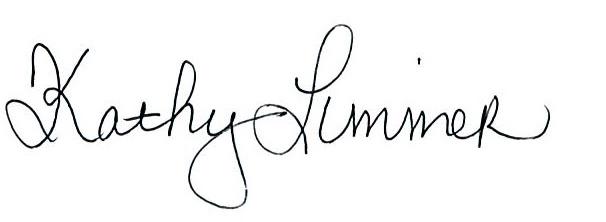
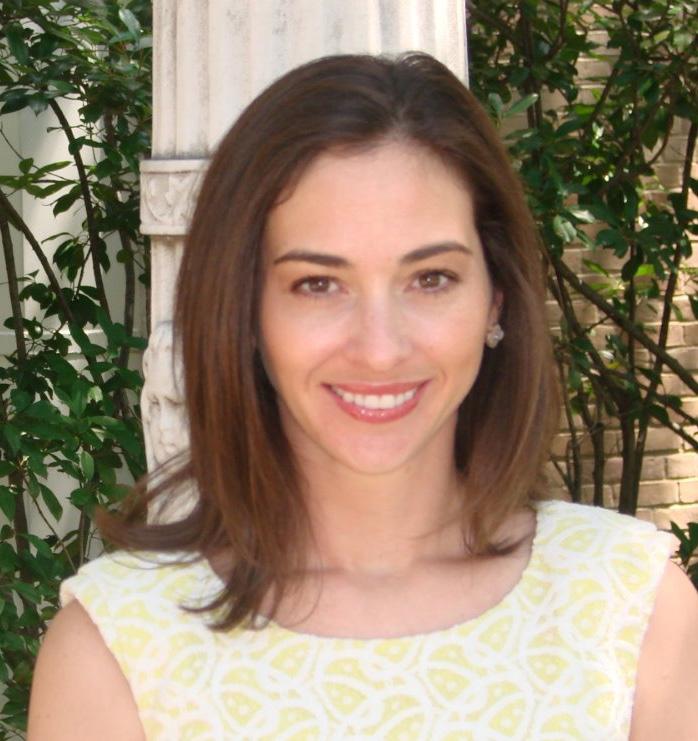
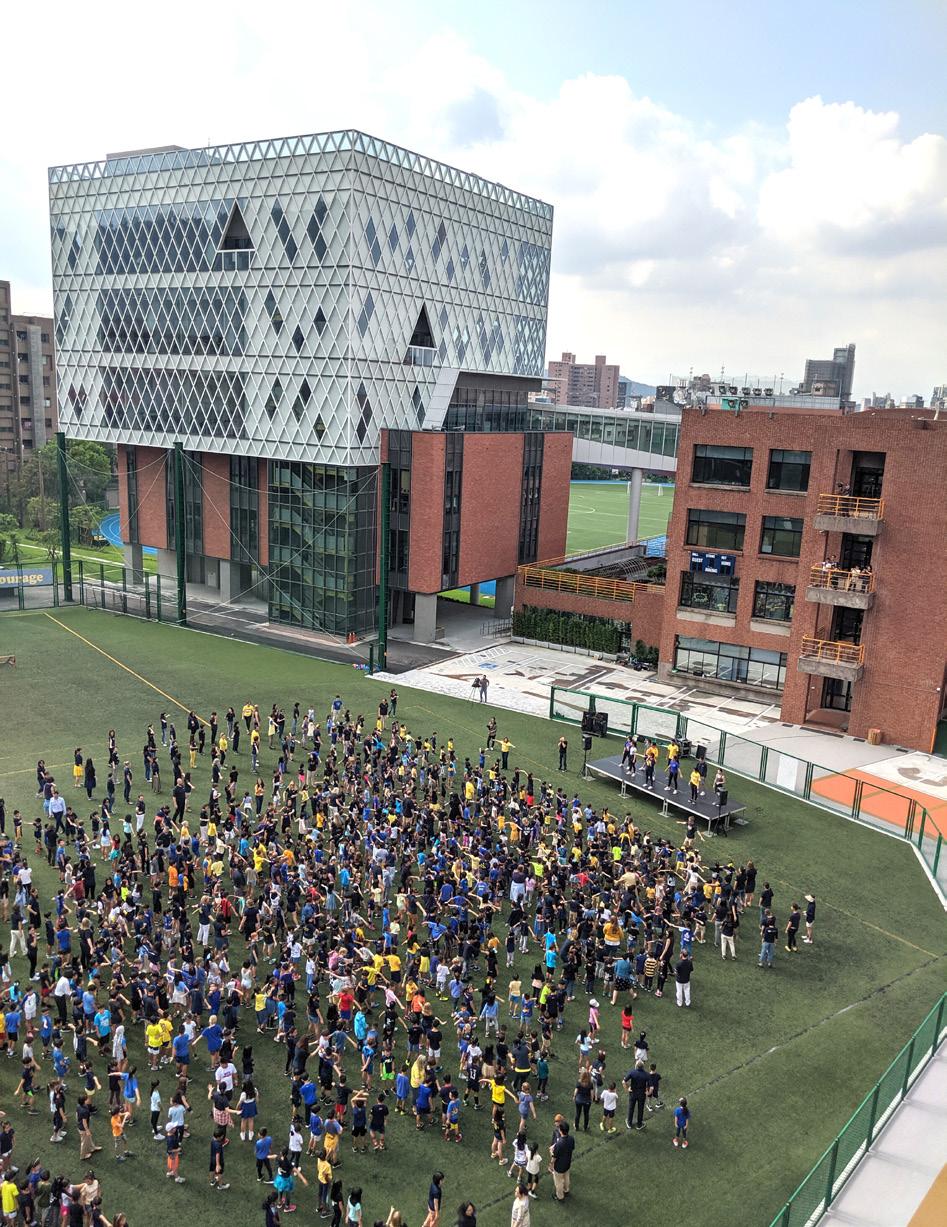
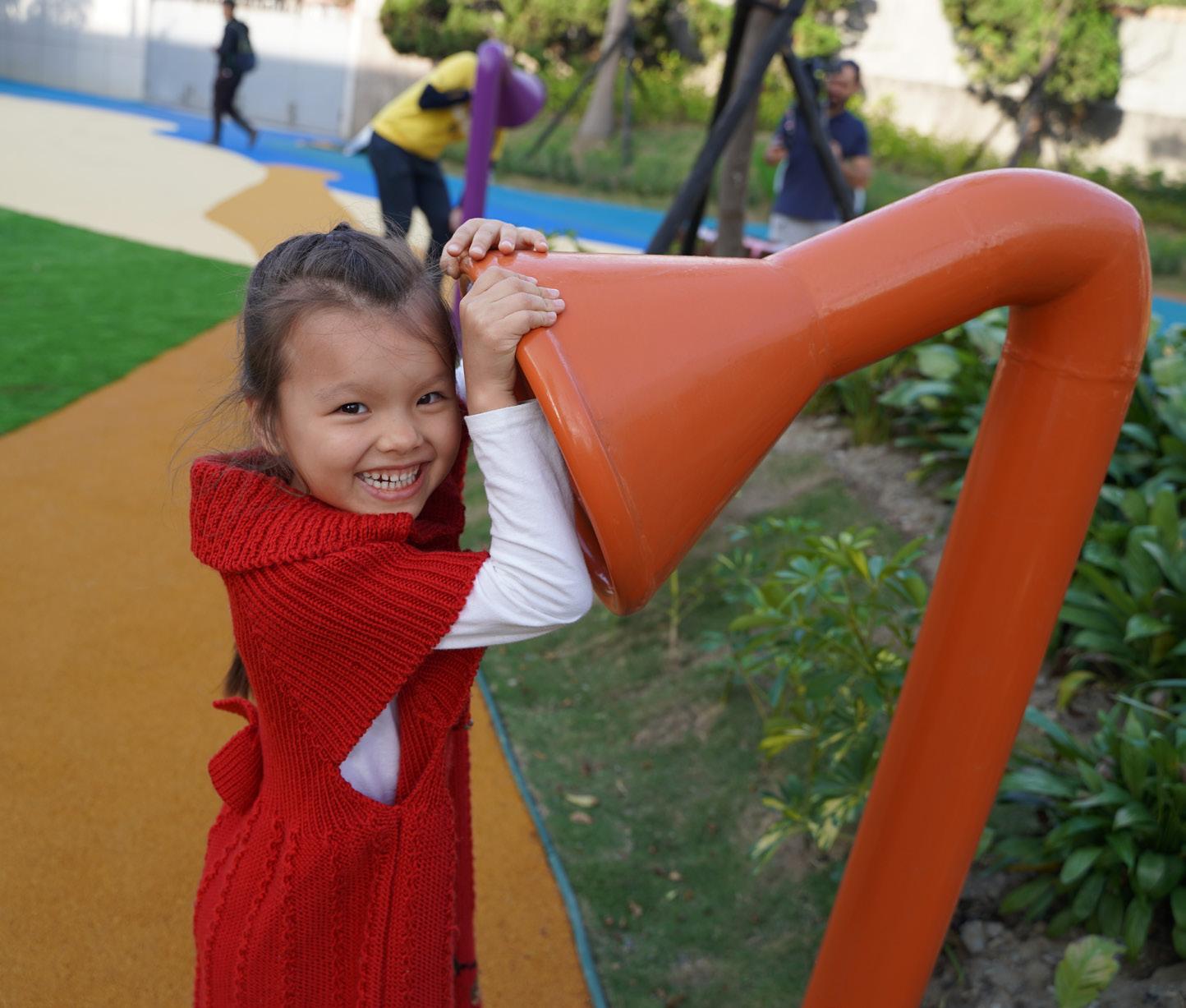
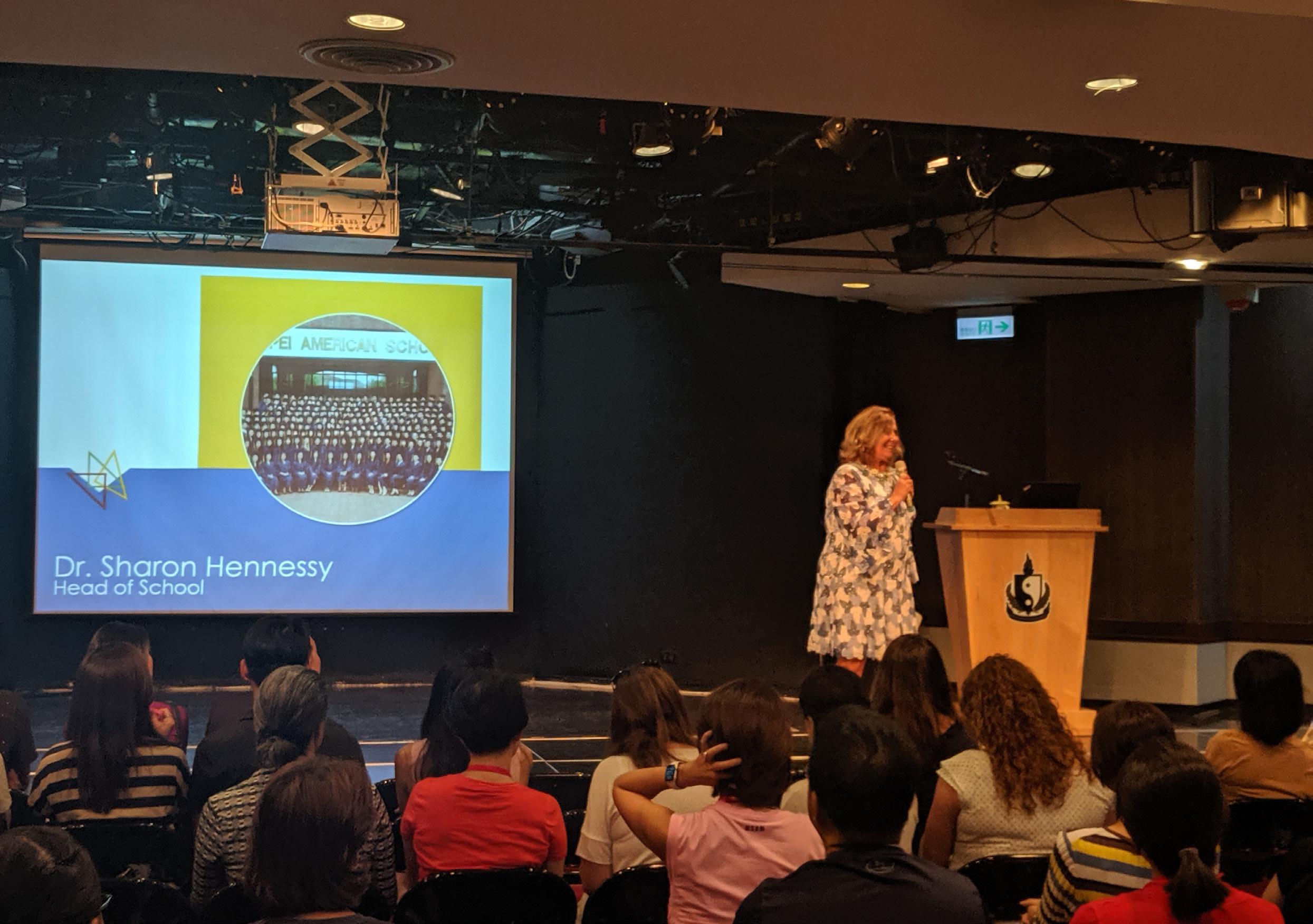
BUILDING A BRIDGE BETWEEN ACADEMIC EXCELLENCE AND SOCIO-EMOTIONAL WELLNESS
By Dr. Sharon D. Hennessy, Head of School
“Great schools hire great teachers, who have a magical ability to ask children to give every single bit of the Godgiven talent that they’ve inherited and grown up with, without asking more of them than they can possibly get. In other words, that delicate tightrope between saying I know you can do it, versus making them feel they can do it when they can’t, and thereby damaging their confidence for the rest of their lives. That delicate balance is what a great school is all about.” - John Littleford Taipei American School is more than a school—it is a vibrant community with a higher purpose, one that is clearly delineated in our mission statement. We are innovative. We are modern. And we are, fundamentally, a learning community. But in addition to these core fundamental tenets, our mission is to inspire each student within our walls to be a confident, creative, caring, and moral individual prepared to adapt and succeed anywhere in a rapidly changing world. We have chosen to provide an Americanbased education with a global perspective in order to achieve these things. Our goal? That our students leave our campus with a deep love of learning, a firm commitment to academic excellence, an unequaled ability to create a balanced life, and a sincere desire to be of service to others. The realization of our goal is no small feat, but no one ever said having a higher purpose would be easy. In fact, simply to commit to such a lofty purpose as ours is one of the hardest things a group of people can attempt. But it is worth it. I say this to you because it is my duty as your community’s educational leader to remind us, from time to time, of our shared purpose—to remind us of our bedrock, our foundation, our true north. Without the mission as our guidepost, it can be easy to get lost in the mire of what other people say we should be doing. Sometimes following our mission means staying the course, but, of course, sometimes it also means setting out on a new path. Our choices all depend on whether or not a given pathway aligns with who we are as a community. Lately, I have been deeply troubled by many articles that have come my way—and I have discussed these troubles publicly in administrative meetings and parent coffees. According to research performed over the last two decades, children who grow up in privileged
communities such as our own, where both incomes and expectations are high, often report high levels of anxiety, depression, and substance abuse—levels commensurate with those of inner-city, less privileged students. While I do take all new research with several grains of salt, some things are undeniable. Too much pressure can be just as harmful as no pressure at all. A pressure cooker is designed to hold in heat and cook contents quickly, and if our students feel that they are in a pressure cooker, the extreme heat will take a toll on their bodies and on their minds. Articles such as The Atlantic’s “Why Is Middle School So Hard for So Many People?” or “The Perils of Pushing Kids too Hard” or books such as David Gleason’s “At What Cost” or Lenora Chu’s “Little Soldiers: An American Boy, a Chinese School, and the Global Race to Achieve” have words that jump from the pages, grab us by the heart, and demand that we reflect upon the very best and safest ways to achieve our mission. At Taipei American School, we have and always will strive for academic excellence. That is quite literally at the heart of all that we do. But there is and always will be room for us, as a learning community, to learn new paths to support and foster academic excellence. As a community, we are deeply committed to learning, which is why we value professional development so highly, and why we will continue to bring worldrenowned experts to our campus, like recent wellnessrelated visitors Dr. Craig Hassed, Dr. Lea Waters, Dr. Lisa Damour, David Wolowitz, Drs. Doug Ota, David Bott, Justin Robinson, Dr. Josephine Kim, Roy Chen, Dr. Kenneth Podell, and Michael Pollock. It is also why we have trained all our teaching faculty in both the Lower and Middle School in the techniques of Responsive Classroom. And all of this just within the last two school years! The research is clear. Improving students’ health can be beneficial for their academic achievement; the same research has shown us that focusing solely on achievement can be detrimental to our students’ health. To this end, Taipei American School acknowledges that we need both—a healthy mixture of academic excellence and student wellness. We will never sacrifice academic rigor here at TAS, but we can—and will— continue to find ways to support our students’ health as they focus on their academic goals. Simply put, healthy students are better learners. We as a community have already embraced certain aspects of health and wellness. For example, there has been considerable discussion about and significant action on nutrition at TAS. That is good. Many have embraced the importance of exercise as a part of wellness, and athletics and traditional physical education have been supplemented with lifetime exercises, like yoga, martial arts, and fitness at our incredible health and wellness center. This, too, is good. There has been, however, little community buy-in to a pair of key elements for wellness. Research on sleep provides a crystal-clear message: significant sleep significantly increases learning. We sometimes forget that sleep depravation is a well-known form of torture—or, at least, that is how it appears to me. The usual reaction to this problem is a proposal to begin school much later. For logistical reasons, that just isn’t possible. The only solution is for students to go to bed at a reasonably early hour. “Impossible!” is the response. Well, yes and no—and here is where the other element of the pair comes in: choices that provide a challenging learning experience that is not overly stressful. Navigating choices successfully continues to elude too many adults; thus, navigating them well as a child is a daunting challenge. And there is no “one size fits all” to help guide us. Some students find AP Calculus BC to be an interesting breeze; others find it impossible. Some students have a stable, structured home life; others do not. The same assignment can take one student a half hour and another student an hour and a half. So, I am convinced that to address sleep, we must first address choices. We must explore paths where all of us do our part to better support student choices and to monitor the consequences of those choices--each student’s choices. This, of course, requires a commitment from all members of our community; the School cannot achieve success here alone. “It takes a village to raise a child,” they say. It will take the entire TAS community to raise healthier students.
It is my firm belief, however, that any and all wellness initiatives that Taipei American School undertakes must be built upon the foundation of academic excellence because that is a fundamental part of our organization’s true north. Taipei American School is a bridge from an island to the world, and our wellness initiatives are a bridge from the stressful pursuit of scholastic achievement to the supported ability for all our students to pursue their full learning potential. We need to redefine success in a way that preserves our lofty academic goals while incorporating systems and methods that recognize the needs of our children for health, balance, and joyful schooling. As we endeavor to create a new Strategic Plan to Guide TAS from 2021-2025, these concerns will need to be carefully incorporated.








